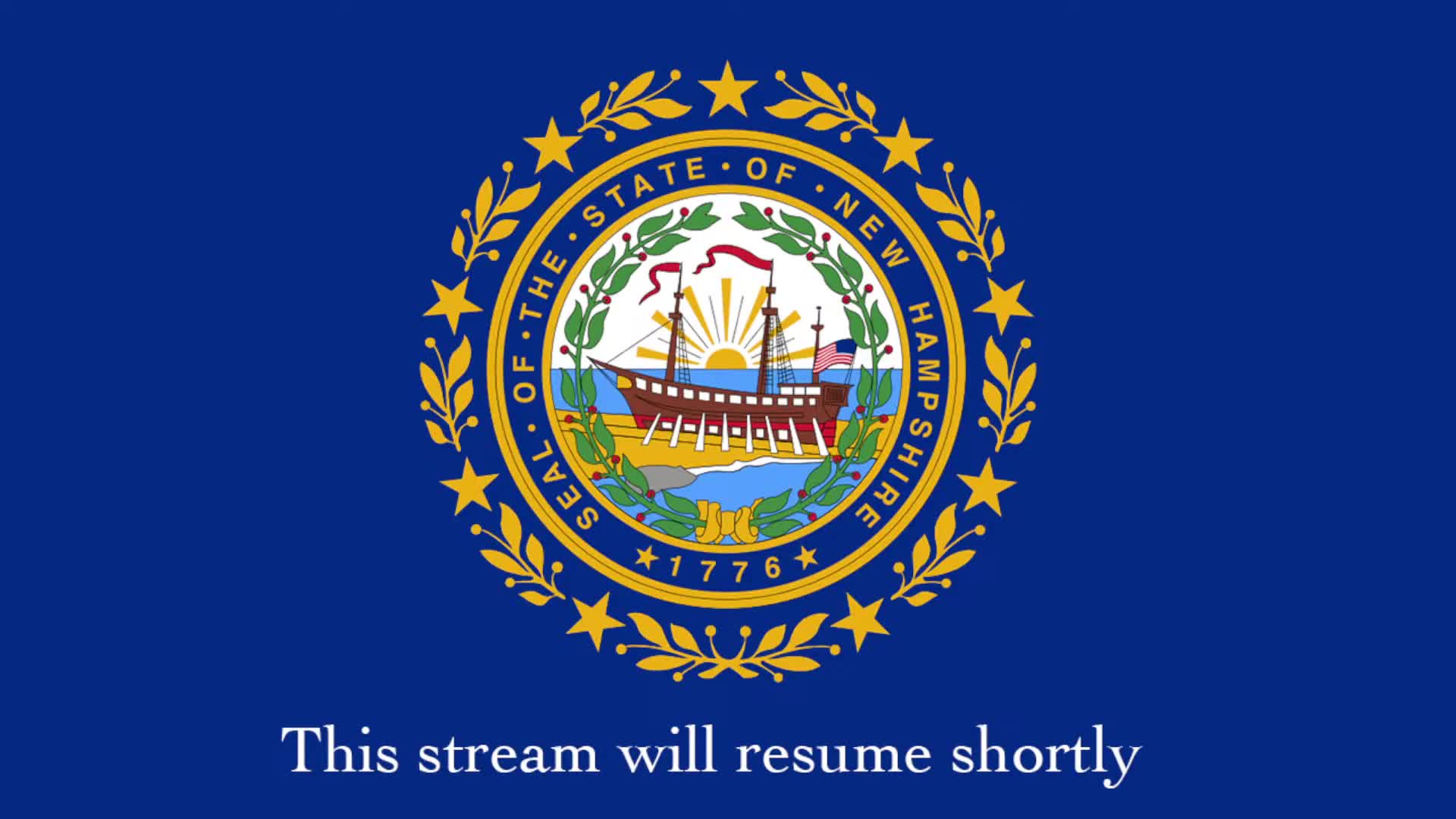House committee advances bill to tighten audits, require audit posting and allow state probation for troubled districts
Get AI-powered insights, summaries, and transcripts
Subscribe
Summary
Concord The House Education Policy Committee voted to advance an amended HB 121 on Nov. 5 that tightens audit requirements for school districts, requires audits and findings to be posted publicly, and creates a probation pathway for districts with material fiscal problems — while removing draft language that would have given a state‑appointed administrator broad contract‑cancellation powers.
Concord — The House Education Policy Committee advanced an amended HB 121 on Nov. 5 that tightens school district audit requirements, requires that completed audit reports and findings be posted publicly and gives state agencies expanded authority to identify and respond to districts with serious financial problems.
Representative Glenn Cordelli, the bill uthor, said the measure responds to "a failure of auditing, a failure of communication, failure of accountability, and a failure of transparency" exposed by the Claremont School District—iscal collapse. He told the committee the amendment ims to strengthen timelines for audits, require audit publication and empower state oversight when districts fail to comply.
Key elements in the version the committee adopted:
- Audit timing and publication: The committee amendment revised an early 4‑month audit completion target to require districts to complete audits within one year of the fiscal‑year close and to post the completed audit, findings and recommendations on the governing body's website. The governing body must review the audit at the next public meeting; a summary must be included in the annual report and local newspaper publication if available.
- DRA authority and fines: The Department of Revenue Administration retains authority to order audits (financial and, when indicated, forensic audits) and to fine districts that miss audit deadlines. The amendment preserves DRA uthority to start a notice-and‑fine process and clarified administrative steps and timing in the fining process.
- Withholding aid for missing reports: The Department of Education may withhold state aid if reporting requirements are not met and the department determines the delay was not reasonable; the bill directs DOE and DRA processes to coordinate when districts are noncompliant.
- Probation and state oversight: The amendment sets out a probation pathway for school administrative units with demonstrated fiscal instability or violations of fiscal standards. During probation DOE may appoint or hire a state administrator to oversee corrective action; the amendment removed earlier language that would have given that administrator unfettered authority to cancel or renegotiate contracts. The administrator is expected to provide written reports and an implementation plan and to coordinate with the state board.
The Department of Revenue Administration testified to technical concerns and timing issues. Jennifer Ramsey, tax policy counsel for DRA, said the agency worked with the sponsor to refine drafting and warned a compressed audit deadline could conflict with the property tax rate‑setting calendar. She said DRA—stimates vendor work to modify the rate‑setting portal would cost roughly $75,000 and flagged that in August 2024 about 35% of school districts were not yet compliant with that year's audit submission at that time.
Labor and school‑governance witnesses supported stronger transparency but cautioned the committee against too broad a state takeover authority or immediate contract‑cancellation powers. NEA New Hampshire called for a more narrowly tailored fiscal oversight process; the New Hampshire School Boards Association raised concerns about the practical impact of broad state powers and urged coordination with related bills that may be considered later.
Action: In executive session the committee moved HB 121 as amended; the committee vote recorded 10 yeas and 7 nays.
What changed in committee: The version the committee advanced narrowed some of the sponsor raft's more expansive takeover powers, lengthened the audit completion window to one year (from an earlier 4‑month proposal), and kept DRA uthority to order audits and to levy fines while clarifying notice mechanics. It added explicit posting and public‑meeting review requirements for completed audits and directed DOE to consider withholding state aid when districts fail to report.
Next steps and outstanding questions: DRA and DOE asked for coordinated implementation language and for clarity about whether withholding aid would include federal pass‑throughs; DRA said the agency will provide technical fixes to the portal and further guidance as the bill proceeds. The committee urged the sponsor and agencies to continue consultations as the bill moves forward.
